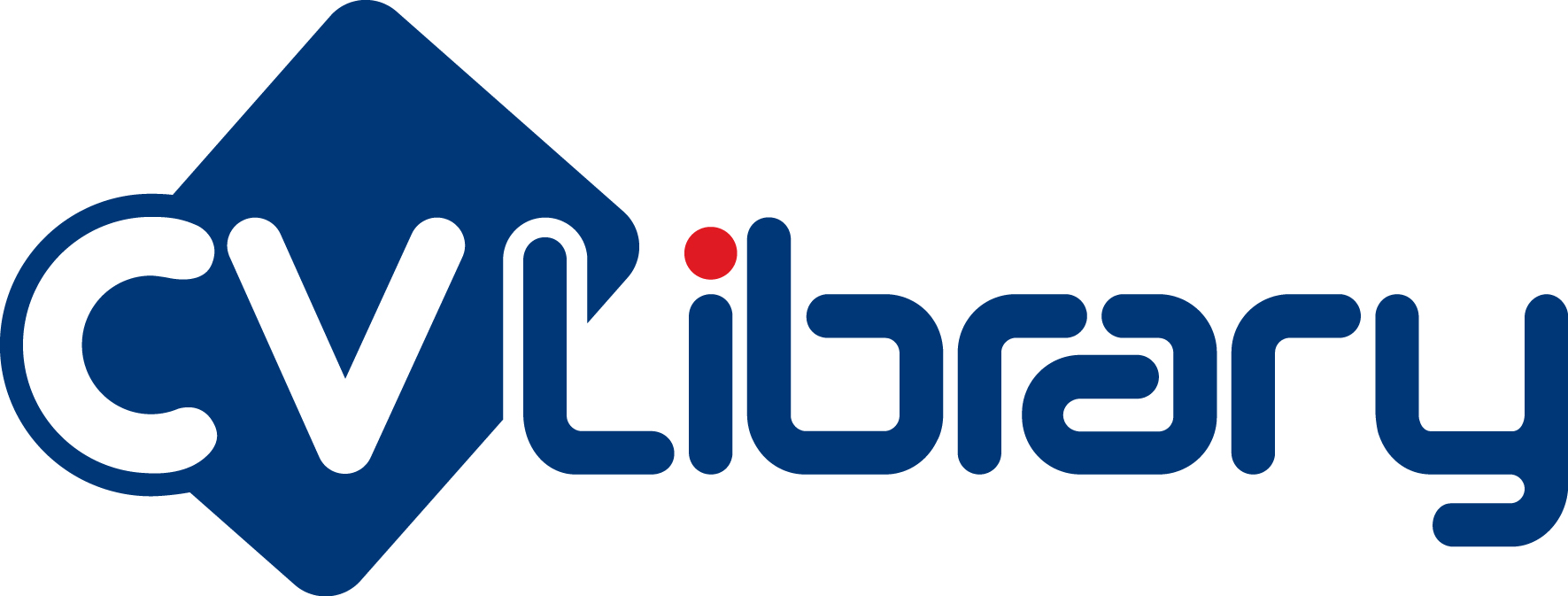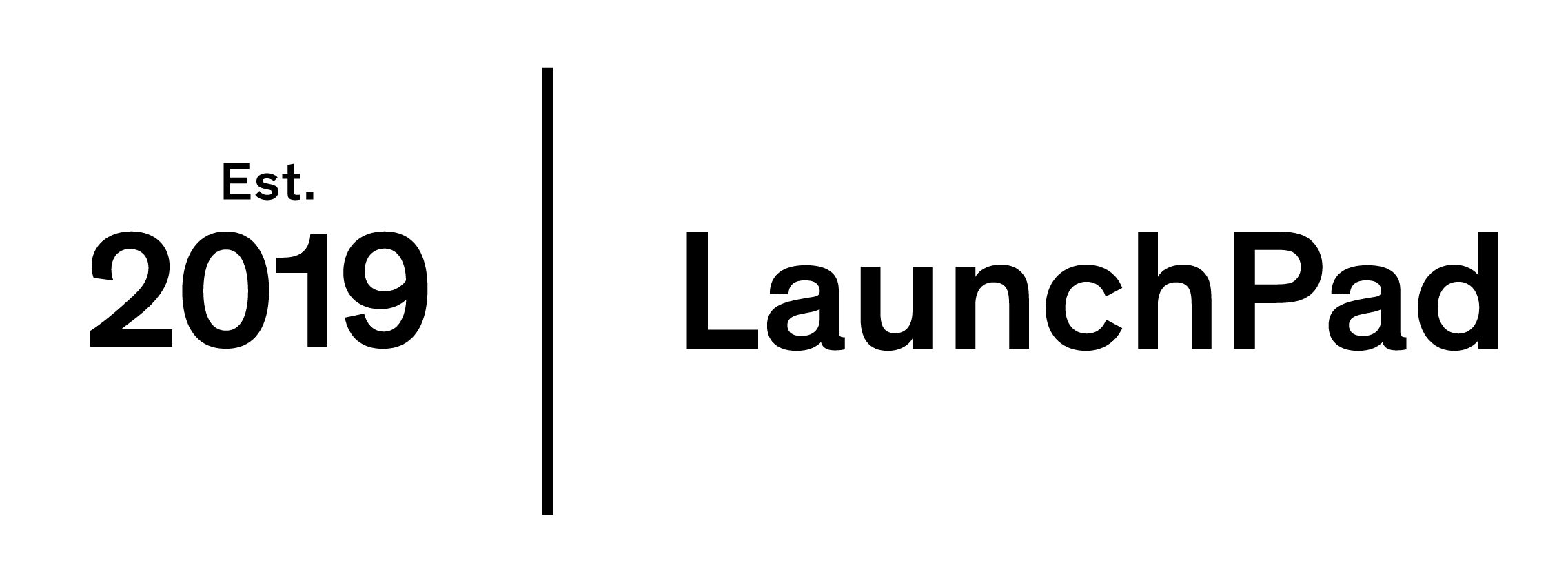
Whether you’re in your first year, or final year, it’s always a good idea to have an up-to-date copy of your CV lying around. After all, you may need it to find a part-time job, or better still, to gain work experience that’s going to boost your employment prospects when you graduate.
But what use is a CV if you’ve got nothing to shout about on it? To help you consider the importance of work experience and writing about it on your CV, check out our top tips below.
Why is work experience important?
Having a basic understanding of how a workplace operates can be a huge pull factor for employers, so someone with a little experience can be favourable.
Alongside this, if you can show you have basic transferable skills such as communication, team-work and organisation (all of which you can gain through work experience, you’re going to stand out more to a company.
Essentially, gaining work experience is important for the following reasons:
- It gives you something to talk about: on your CV, in interviews, at careers fairs. You’ll be surprised at how much you can learn even in one day
- It will broaden your knowledge of the industry you want to work in, or just how a business operates. This can help when it comes to looking for full-time work
- It helps to perfect your skills – those transferable skills mentioned above are really important and gaining experience can help to bring these to life
- You’ll meet interesting people – it’s not always what you know, but who you know too! You can connect with people you meet on LinkedIn to widen your network
- It shows initiative – if you’ve proactively gone out and secured the experience yourself, you’ll seriously impress potential employers
How to gain work experience
If we’ve managed to convince you that it’s time to get some experience under your belt, you might be wondering how to go about securing it. Well, there’s a number of approaches you could take:
Contact employers directly
If you know what type of experience you’re after, you could contact local employers directly about any opportunities they have. Many companies will favour this proactivity, so spend time perfecting your email and if in doubt, have a friend or family member look over it before you hit send.
Speak to student services
As a student, you benefit from having a dedicated student services department, where helpful career advisers are on hand to offer you useful advice and connect you with the right opportunities. So, if you’re not sure where to start, pop along for a chat with one of the friendly team.
Tap into your network
While, as a student, you may not think you have a network yet, it’s probably actually bigger than you think. Do you have an aunt that works at a cool company you’d like to gain experience in? Does you dad’s friend own a business that’s happy to show you the ropes?
Perhaps one of your lecturers can you put you in touch with someone! Asking around about opportunities with people you know is a great tactic for gaining work experience
How to showcase your experience on your CV
So you’re ready to add your trusty work experience to your CV? It’s certainly the perfect platform to do so, but make sure you consider these key points:
Make it relevant
There’s no use including information about your experience on your CV if you don’t make it relevant to the types of roles you want to secure.
For example, if you gained experience working in a bar, but want a job as a Marketing Assistant, listing out your daily duties of ‘collecting glasses’, ‘serving drinks’ and ‘taking payments’ isn’t going to cut it.
Instead, something along the lines of ‘successfully managed multiple responsibilities, while working solo and as part of a team to ensure the smooth running of our Student Union bar’ will work better.
Shout about the skills you gained
As mentioned throughout this guide, the transferable skills that you gain from work experience are extremely valuable. So make sure you shout about these on your CV. They might include:
- Organisation: Balancing your studies with a part-time job or work experience placement
- Communication: Meeting and interacting with a range of people
- Team work: Working with existing employees to get the job done
- Listening: Taking orders from the employer and doing a great job
- Problem–solving: Being able to identify when there’s an issue and how to resolve it
Ready to gain work experience and sell it on your CV?
Hopefully this should have given you some food for thought and you might be ready to go out there and bag yourself some great work experience.
Remember, your CV is the first impression an employer will have of you so packing it with relevant information that’s going to show you’re the right person for the job is always a winning approach. Good luck!

